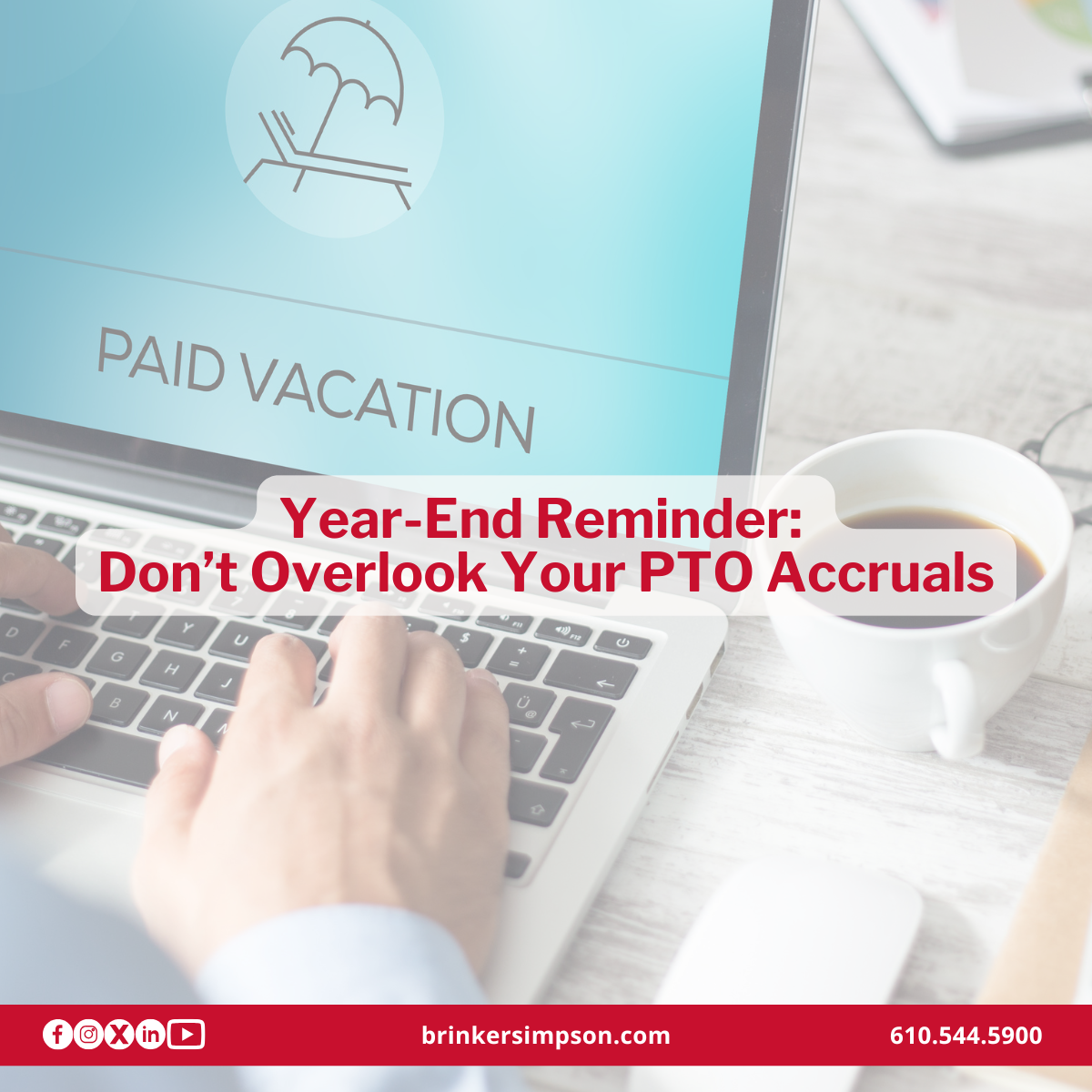As the year winds down, the clock begins ticking for tax season—and 1099 filing is a key priority. For businesses that work with independent contractors, ensuring timely and accurate filing of Form 1099-NEC is crucial. Missing deadlines can lead to costly penalties and strained contractor relationships.
To help you stay on track, we've outlined everything you need about 1099 filing requirements and challenges, along with tips to simplify the process.
Who Needs a 1099?
Businesses must issue a Form 1099-NEC to any contractor, freelancer, or consultant paid $600 or more during the calendar year for services rendered. This requirement applies to individuals and entities such as:
- Sole proprietors and partnerships
- Attorneys and legal service providers (including incorporated law firms)
- Vendors or contractors for whom federal income tax was withheld under backup withholding rules
Generally, you are not required to issue a 1099 for:
- Payments to C or S Corporations (except for legal services)
- Payments made via credit card, debit card, or third-party processors like PayPal (these are reported on Form 1099-K)
1099-NEC vs. 1099-MISC: What's the Difference?
While both forms report payments to non-employees, their uses differ:
- Form 1099-NEC: For non-employee compensation (e.g., payments to contractors and consultants).
- Form 1099-MISC: Other payments like rent, royalties, legal settlements, and prizes.
Since its reintroduction in 2020, Form 1099-NEC has replaced the compensation reporting box on 1099-MISC.
Ensure compliance by issuing all required forms to contractors by January 31, 2025. Remember, beginning with the 2024 tax year, businesses filing ten or more information returns must file electronically.
Common 1099 Filing Challenges
Filing season can overwhelm even the most organized teams. Challenges often include:
- Manual Processes: Collecting W-9s, verifying TINs, and calculating payments manually can be time-consuming and error-prone.
- Tight Deadlines: Missing the January 31 deadline may result in penalties ranging from $60 to $330 per form—or more for intentional noncompliance.
- Error Risks: Even minor errors, like incorrect TINs or addresses, can result in penalties.
Tips for Simplified Filing
Here's how you can streamline your 1099 filing process:
- Request Form W-9s Early: Collect contractor details upfront to avoid last-minute scrambling.
- Verify TINs: Use the IRS TIN Matching Program to confirm accuracy.
- Track Payments: Keep detailed records to calculate total payments for each contractor.
- E-File Your Forms: The IRS encourages electronic filing, which is faster and reduces errors.
- Meet Deadlines: Submit Copy A to the IRS and provide Copy B to contractors by January 31.
Extensions for Filing
The IRS does not offer automatic extensions for Form 1099-NEC. However, you may request a 30-day extension in cases of:
- Catastrophic events or federally declared disasters
- Death, illness, or unavoidable absence of the responsible individual
- Late receipt of critical information (e.g., K-1 schedules)
To apply, submit Form 8809 before the filing deadline.
We can help
If your business needs assistance navigating the 1099 filing process, Brinker Simpson is here to help. From identifying filing requirements to ensuring compliance, our team can simplify your year-end reporting. Contact us today for guidance tailored to your needs.



